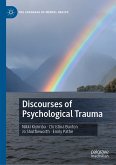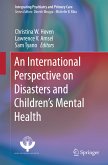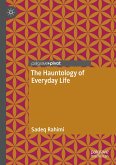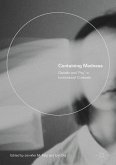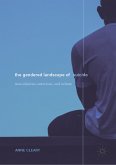This volume explores themes originating from the work of Jean Améry (1912-1978), a Holocaust survivor and essayist-mainly, ethics and the past, torture and its implications, death and suicide. The volume is interdisciplinary, bringing together contributions from philosophy, psychology, law, and literary studies to illuminate each of the topics from more than one angle. Each essay is a novel contribution, shedding new light on the relevant subject matter and on Jean Améry's unique perspective. The ensuing picture is rich and multifaceted, uncovering unforeseen traits of Amery's thought, and surprising correlations that have so far been under-researched. It invites further studies of the Holocaust and its consequences to take their cue from non-neutral first person reflections.
Dieser Download kann aus rechtlichen Gründen nur mit Rechnungsadresse in A, B, BG, CY, CZ, D, DK, EW, E, FIN, F, GR, HR, H, IRL, I, LT, L, LR, M, NL, PL, P, R, S, SLO, SK ausgeliefert werden.



